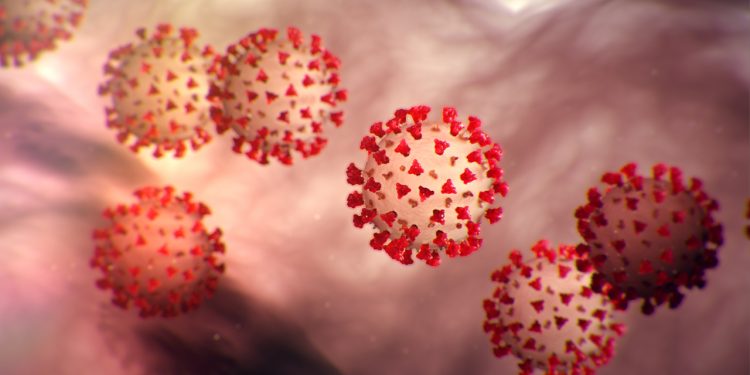Doctors and researchers throughout the globe are in desperate search for a cure for the COVID-19 pandemic. The scenario is similar to the search for the mythological Sanjeevani, a remedy desperately sought after to save the life of Lakshmana, younger brother of Lord Rama, who was badly wounded and nearly killed by Ravana.
Story goes that Hanuman was called upon to bring the Sanjeevani from a mountain located far away from the battlefield. Failing to identify it, he brought the whole mountain for the doctor of the time to identify the Sanjeevani and cure Lakshmana of the disease. As it turned out, Lakshmana survived and Rama won the battle. As Hanuman was confused, so is the present world in search of a COVID remedy. At this moment, doctors are still learning the best way to manage covid-affected persons.
Amid concerns of having enough of stock or not having enough here, India has complied with the request from the US for hydroxychloroquine (HCQ). President Trump believed it to be a magical cure for COVID–19, even as no such evidence is available. Hydroxychloroquine is less toxic than malaria medicine chloroquine, but is not exactly anti-malarial. It is not in the list of antimalarial medicines of India’s malaria drug policy. Chloroquine and hydroxychloroquine are approved for use to treat malaria and rheumatology conditions. Some studies available from China and France showed that HCQ can reduce the viral load and shorten the duration of symptoms in COVID–19. There are conflicting reports on its effectiveness. Some researchers have reported that they did not find any strong anti-viral activity or clinical benefit of using HCQ in COVID–19 patients. The in-vitro or the laboratory investigation showed non-specific antiviral activity at high micro-molar concentration against wide range of virus including causative agent of COVID-19, Sars-CoV-2.
Based on these reports, mostly from pre-clinical data, the ICMR has recommended the use of HCQ for prophylaxis of Sars-CoV-2 infection for individuals such as asymptomatic healthcare workers involved or confirmed cases; and asymptomatic households’ contacts of laboratory confirmed cases. In the absence of any approved medicine, the clinicians in some hospitals across the globe have turned into the existing drugs to prevent or treat COVID as an off-label use. The clinicians use this provision in the interest of patients, but there is no evidence to support the use of HCQ in COVID–19. A study reported that the addition of azithromycin, an antibiotic, to covid patients undergoing treatment with HCQ had shown rapid decrease in viral load compared to treatment with HCQ alone.
The major concern with the use of HCQ is its serious cardio-toxicity adverse effects. A recent report said that a doctor who has taken the two doses of hydroxychloroquine as prophylaxis along with azithromycin died because of the mixed effect of the two medicines. Both have an issue of QT prolongation thus the additive adverse effects. Prolongation of QT interval may lead to potentially fatal ventricular arrhythmia. When even a doctor became the victim of adverse effect of HCQ, what would happen if the general public start self-medication?
WHO has warned against “physicians and medical associations recommending or administering unproven treatment like HCQ to patients with COVID–19 or people self-medicating them”. This will cause unnecessary stockpiling and creation of shortage leading non-availability for the approved treatment. Claims about the effectiveness of drugs for treating COVID–19 have led to widespread shortage of chloroquine and hydroxychloroquine”.
Researchers are in the process of exploring the existing approved drugs for some other purpose, for COVID, as it would be easy to go for direct clinical trials as some safety data is already available from earlier testing. In the world of evidence- based medicine, neither anecdotal proof nor previous study report is acceptable. This is a new viral disease and study through appropriate clinical trial is necessary to prove the worth ivs-a-vis accepting hydroxychloroquine as a medicine for CCOVID-19. Clinical trials are in progress and we need to wait for the results. Till that time, hydroxychloroquine is just another prospective cure, not the cure!
The writer is Professor of Pharmacy at Annamalai University.







































